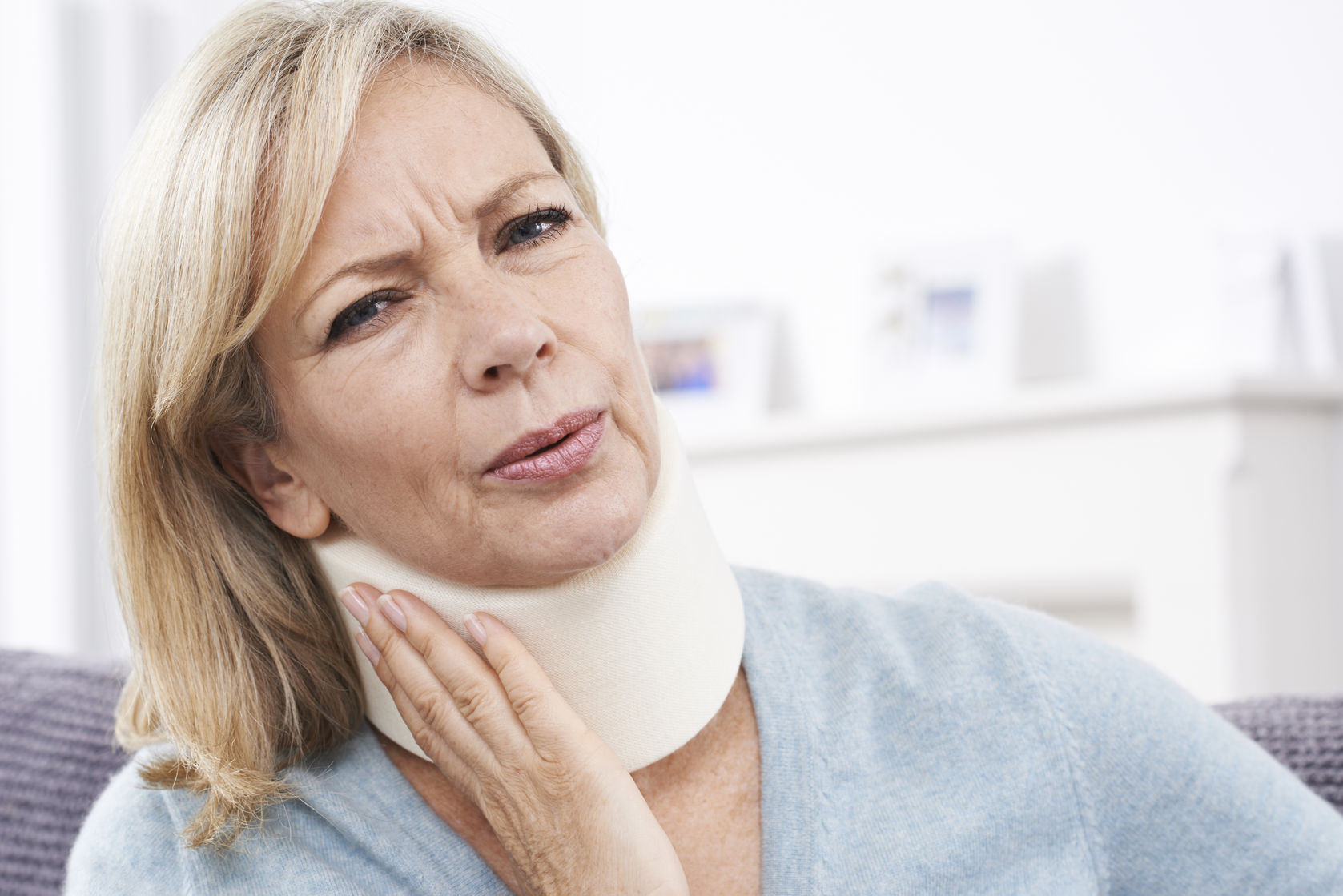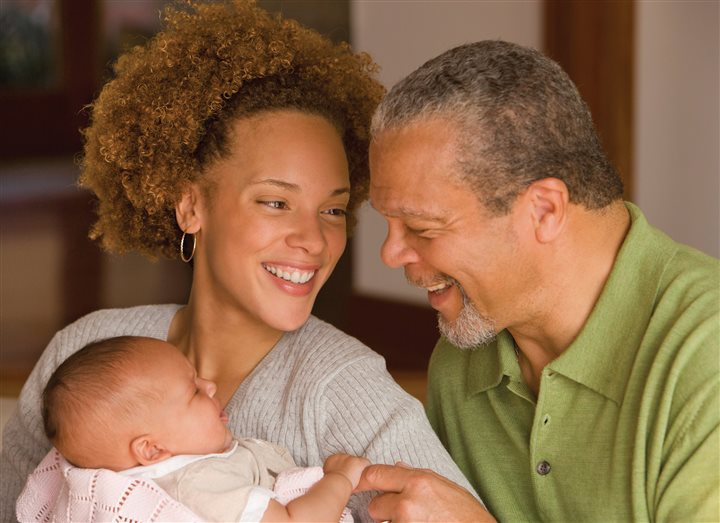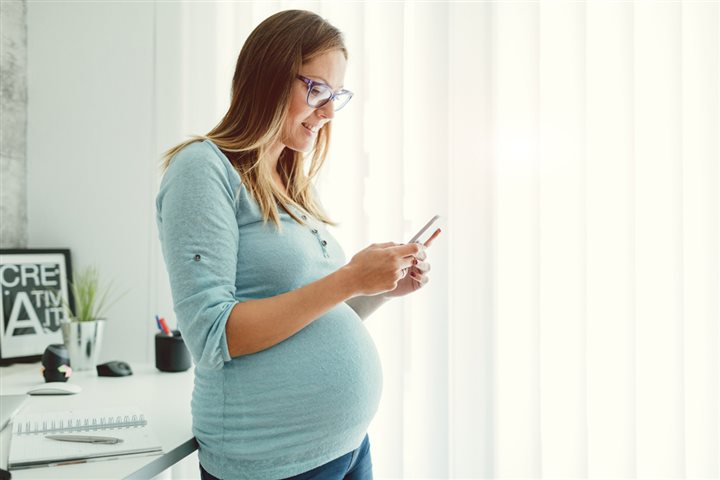Help at the push of a button: The Most Reliable Medical Alert Systems Found By Reviews.com


This was originally featured on Reviews.com: http://www.reviews.com/medical-alert-systems/
Nearly 90 percent of seniors say they prefer to live in their own homes, and most expect to stay there. It’s called “aging in place” and put simply: no assisted living facilities. Family members want to respect these wishes, but the risks are real. According to the National Council on Aging, one in three adults age 65 and older experience a fall each year, let alone other emergencies. The best medical alert systems address these risks with reliable devices that can connect seniors with help, keeping them safely independent — and giving family members one less thing to worry about. Our top pick, Bay Alarm Medical, goes even further with attentive, personable service. In an emergency, we’d feel comfortable with a loved one in the company’s hands.
LifeCall popularized the personal emergency response system (PERS) with infomercials in the 1980s — “I’ve fallen and I can’t get up!” — and while the technology has come a long way, their core function hasn’t: Press a button and you’re in touch with someone who can send help.
How We Found the Best Medical Alert System
To find the best modern-day PERS, we spent over 100 hours talking with elder-care experts, digging into service agreements, and hand-testing the top contenders. We started our search by collecting 69 medical alert devices that run on cellular-enabled base stations and that connect you to an independent central monitoring center.
Not all PERS devices connect you directly with a monitoring system where employees are trained to assess what help to send. Some operate more like long-distance walkie-talkies that either connect you to your designated emergency contact or alert 911 automatically. Those devices are better suited for an extra layer of security when you’re walking through the office parking garage at night.
From there, we kept it simple: We didn’t review any premium add-on features. The technology advancement of PERS devices is incredible, but for this review we looked solely at their most basic function: press a button, get help. The caregiving experts we worked with suggested that simpler devices may be less flashy, but they’re the best place to start.
“If you’re buying one for the first time, it’s a good idea to keep it as simple as possible. If there are too many buttons or too many features, many seniors will say, ‘Forget it, are you kidding me? I can barely work two remote controls.’”
Stephanie Erickson, MSW, LCSW, PSW
Family Caregiving Expert and host of Caregivers’ Circle
Here’s how we whittled it down from 69 contenders to our 2 top picks.
We made sure providers had nationwide coverage.
Some medical alert systems only offer service in regional areas or outside the U.S. Our top picks need to work where you are.
Contenders cut: 19
We cut any medical alert device that required a full home security system.
Many home-security companies offer PERS devices as add-ons to a larger suite of security offerings. With so many standalone services available, you don’t need to install an entire security system just to get access to one — that would be like buying a whole Swiss army knife just for the corkscrew.
Contenders cut: 4
An excellent purchasing process was a must.
On paper, most PERS companies offer similar products at a similar price point — customer service is what sets them apart. Some providers never returned our emails or phone calls. Others had websites with confusing terms of service or hid their fees behind asterisks. And while some seniors might feel more comfortable ordering over the phone, many medical alert customers are younger people shopping for their elders. Online ordering should be standard and simple.
We called LifeStation, one of the leading brands in the industry, to ask why you could only order its landline device online and not its cellular- or mobile-enabled devices. Unsurprisingly, its reps were after the hard sell, pitching different units and limited-time promotional offers. It wasn’t a particularly negative experience, but also not one we want to recommend.
We rated all our contenders on straightforward terms, upfront pricing, a helpful and informative website, and a seamless ordering process.
Contenders cut: 19
We ranked each service on its breadth of equipment.
Erickson says it’s a good idea to look at brands that can “progressively attend to needs as needs increase.” Companies that have landline, cellular, and mobile units got extra points. Technology like automatic fall detection has quickly become a standard safeguard; services that use it ranked higher. And, according to the CDC, the bathroom is the most dangerous room in the house for falls — so we made sure any medical alert systems we recommend have waterproof equipment.
Contenders cut: 8
We looked for the services that made it easy to get started — and just as easy to stop.
A lot of seniors have a difficult time incorporating PERS devices into their lives. Dr. Kori Novak, a gerontologist and researcher at Oxford University, explains, “For patients with cognitive disorders, they may forget to put them on, or forget what they are for and thus not think it is important to wear them. Sometimes they get misplaced during cognitive decline or are just uncomfortable to wear. But the biggest complaint I hear from seniors is that they feel like only ‘sick’ or ‘old’ people need them.”
To that end, medical alert systems need to be easy to set up and just as easy to cancel if they don’t work out. We were critical of providers that lock you into contracts (most offer a month-to-month plan, and some even offer a free trial period) and dinged brands for activation, installation, cancellation, or equipment fees. In fact, since most PERS devices are extremely simple to set up — you just plug them in — we were disappointed if a system required a technician to install it at all.
Contenders cut: 6
Once we narrowed down our top providers, we ordered their cellular-based devices and tried them out. We placed five test calls to each monitoring center, noting how long it took to connect to a representative and their general manner: Did they mention our name? Were they helpful and pleasant?
We tested the range of the pendant from 2 feet, 50 feet, and 150 feet away from its base station to make sure representatives on the other line could hear us. We also tested the health of the backup battery — if there’s a power outage, the battery kicks in so your device still works.
Finally, we assessed the overall design of each device, making sure it was easy to understand and use.
Our Picks for the Best Medical Alert Systems
Best Overall
Bay Alarm Medical is our top pick for its superior customer service and caring bedside manner.
It started with the little things: Web ordering was painless, and its crisp website has video demonstrations, a weekly blog, and clear pricing and terms. When our unit arrived, it came with a pair of spiffy striped socks, and setup was simple: just flip up its antennae and plug it in.
But where Bay Alarm really shines is the human element. When we talked to the monitoring representatives, there was a genuine warmth and calm — it was like calling your fourth-grade teacher. When we told them we were just testing the device, the rep always said some version of “I’m glad to hear that everything is okay.”
We unplugged the Bay Alarm Medical device to test its backup battery and within 20 minutes, Joseph at Central Station called to notify us that there was a loss of power signal. No other provider did this.
Bay Alarm’s cellular base station doesn’t win for its looks. It’s clunky, with just a big red “Help” button. Other cellular base stations we tested have a screen that displays the time, the strength of your cellular signal, and the status of the backup battery. Bay Alarm tells you your cellular signal by calling out “Two bars” or “Three bars,” sometimes when you aren’t expecting it — not particularly helpful, especially since we don’t know Bay Alarm’s maximum number of bars. And on average, it took 60 seconds to connect us to a monitoring center, which was slightly longer than Medical Guardian and MobileHelp.
Bay Alarm Medical’s base station isn’t subtle, but setting it up is easy and their call-center support blew us away.
However, Bay Alarm had exceptionally high backup battery life during our hands-on testing phase (52 hours compared to 30–36 hours for the competitors we tested). And while the design is very basic, it isn’t difficult to set up or operate, and it passed our range tests. Ultimately, it comes down to substance over style: We felt like Bay Alarm would best see us through an emergency.
Best Technology
MobileHelp is at the top of the industry when it comes to the medical devices themselves.
Cross-pollination in the PERS community is common: Three of the four brands we tested used MobileHelp-manufactured technology, while MobileHelp actually uses Acadian On Call’s monitoring services. Because they make their own devices, the company makes it easy to grow with its services as needs change, with upgrade options that include automatic fall detection, blood pressure monitors, and wall-mounted buttons.
MobileHelp was an easy winner in the technology competition: Its base station was shared by three other finalists and its wristwatch device was the only one we considered wearing simply for fashion.
We liked that MobileHelp provides both a necklace pendant and a watch option, and really liked that they were modern and sporty. Seniors prefer PERS devices to be as discreet as possible. “There’s a stigma about them,” says Novak. “Part of that is due to the media portraying individuals who use them as feeble or senile. But as their design improves — they are smaller or look like jewelry — they are becoming a bit more acceptable.” MobileHelp’s watch band is slick (a lot like the Apple Watch) and its pendant is a small, subtle pellet.
MobileHelp gives users two button options: a standard pendant and a wristband similar in size to an Apple Watch. As with their respective base stations, three of our finalists offered the same style of pendant button, while our top pick, Bay Alarm Medical, went with a different design.
MobileHelp’s only real drawback is that it offers exclusively AT&T cellular service — there are no landline options. If you don’t get good AT&T coverage in your area, MobileHelp isn’t the way to go.
Honorable Mention
Medical Guardian is definitely a big hitter: it even nabbed The Brady Bunch star Florence Henderson as its spokesperson.
Medical Guardian’s emergency call response times had a respectable 49-second average — although on one test call, the company hit a record-fast 33 seconds — and we were satisfied, if not bowled over by its reps’ bedside manner.
Its biggest drawback is that it doesn’t offer a free trial period. Even worse: It locks you into a minimum 90-day commitment. And while many PERS providers offer discounts if you pay quarterly or annually, Medical Guardian doesn’t have any bulk-pay options.
Medical Guardian is easily the most well-known medical alert company, but its service ultimately didn’t stand out.
Other Medical Alert Systems to Consider
Acadian On Call
Acadian On Call definitely met all of our criteria. It operates its own monitoring centers, which are all Five-Diamond certified by the Central Station Alarm Association (CSAA), a nonprofit organization that trains representatives of central monitoring stations for fire departments, police stations, and private companies like medical alert systems. Additionally, its centers only employ Emergency Medical Dispatch (EMD)-certified EMTs and paramedics. It offers a variety of devices; its pricing is competitive; and when it passed our customer service, equipment, and ease-of-use evaluations, we placed an order. When the system arrived, we were met with a folder of confusing paperwork. One printout, which read “IMMEDIATE ATTENTION,” wanted us to authorize payment even though we’d already paid, and requested a credit card number or voided check to be mailed back. “When authorization is received,” it said, “all previous balances will be drafted to bring account current.” Huh?
If this had arrived at an aged relative’s house, the risk of it being ignored out of sheer complication is huge. And while it could all have been a simple mistake, the hassle stood out in a crowded field of contenders.
Philips Lifeline
Philips Lifeline has a selection of devices that’s downright impressive, with well-designed medication dispensers and an emergency contact iPhone app in addition to traditional base stations. However, it charges fees for installation and cancellation, and offers no free trial period or discounts.
GreatCall Splash
GreatCall Splash gets high marks from customers for its go-anywhere capabilities. It acts just like a cellphone, but with only one phone number: the emergency call center. Monthly fees are affordable, ranging from $20–$35, but you have to purchase its equipment outright ($50), plus pony up an additional $35 activation fee. Another downside is they need to be recharged often, which runs the risk that you’ll be out of battery during an emergency.
Walgreens ReadyResponse
Walgreens ReadyResponse checked almost all the boxes when it came to breadth of equipment and easy setup, but when we dug in further we discovered that they’re simply resellers for Tunstall Americas, a company we’d already cut for its inferior purchasing process and less-accessible customer service reps.
ResponseLINK
ResponseLINK has been in the PERS business since 1998 and acquired Alert1, another popular provider, in 2008. It’s a solid option, but if you want to upgrade your service, it doesn’t offer many add-ons, such as carbon monoxide monitoring, fire detection, or extra wall-mounted buttons.
Did You Know?
These are rentals.
Only a few companies allow you to buy their equipment outright. When you order a medical alert device, you are renting the equipment and paying for access to an emergency call center. PERS providers are strict about making sure every piece they shipped to you is returned in good condition. If not, they can hit you with fees (Acadian On Call, for example, values its equipment at $250).
You’re most likely talking to a trained nurse or EMT.
While there is no regulation that requires medical alert call center representatives to be medical professionals, many are trained nurses and EMTs. If they’re not, most providers (including all our top picks) tout their care representatives as being “UL-Listed,” meaning they’ve been approved by the independent safety science company, and/or Five-Diamond Certified by the CSAA.
Medical alert providers are on the rise (and we don’t expect them to all make it).
According to the United States Census, the population age 60 and older will double between 2012 and 2050. And if 90 percent of these seniors plan on living in their own homes, it should be no surprise that the medical alert industry is getting more and more crowded. “A lot of these companies are new and there is a lot of competition, so not all of them will last,” says Erickson. “I know of several already who weren’t able to make it.”
We love the little guy, but recognize that going with someone new to the game may mean scrambling for another service if it ends up out of business.
The Bottom Line
During at-home emergencies, medical alert devices quickly connect seniors with someone who can help. We recommend Bay Alarm Medical for its straightforward, reliable equipment and call center reps who convinced us they truly cared.
Take Action
Don’t dance around the subject. “Elders aren’t stupid,” Dr. Novak says. “If you think they might be opposed to a medical alert system, let them know that you think it is important because it will make you feel more secure with their safety, not because you feel they are inept or ill.”
Evaluate what type of PERS is appropriate. Dr. Novak recommends medical alert systems for seniors living alone or with a partner or spouse who may not be able to help physically in an emergency. She recommends talking to your loved one about their habits (Do they take walks? Spend most of their time in one particular room?) and their health (Is there a risk of them falling? Do they have memory issues?). This will help determine if add-ons and upgrades like mobile GPS and fall detection are important — and even if a medical alert device is the right way to go. “If they have dementia,” Novak says, “a PERS device might work for a while, but at some point it will not be helpful. Remember, this is not a substitute for home, nursing, or hospice care. If your loved one needs a higher level of care, a PERS device can assist, but cannot act alone.”
Check your mobile coverage. If you plan on getting a cellular or mobile PERS, coverage where you or your loved one lives may be excellent, spotty, or nonexistent. Each medical provider states clearly which mobile provider it uses; check their coverage map to see if your loved one’s home or building gets good phone reception. If it doesn’t, the device may not work.




